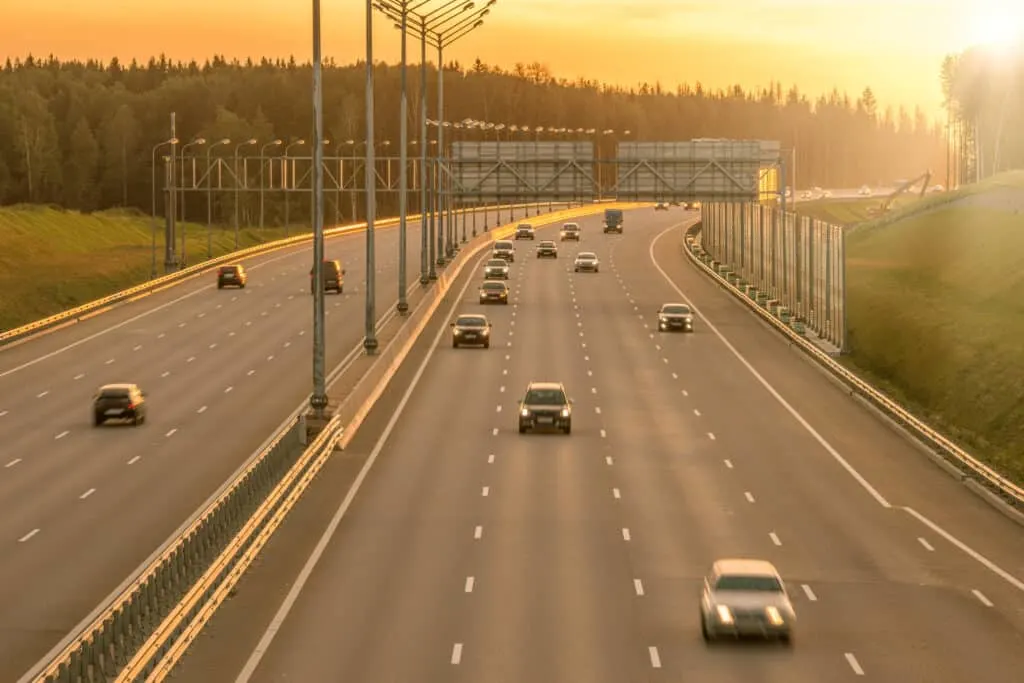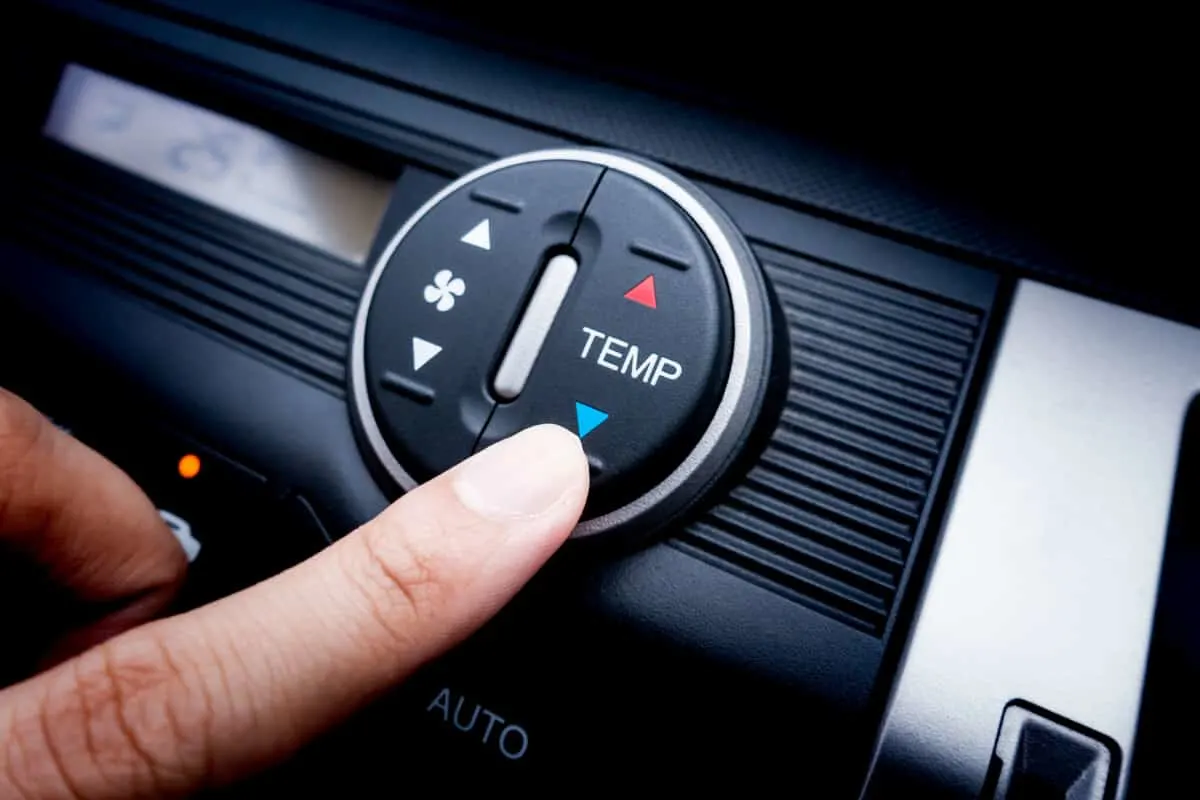Driving down the street with the AC on full blast is usually something that everyone does in the summertime. However, this could be costing you more fuel than it should.
When utilizing air conditioning in a running vehicle, it is important to note that the AC system is indirectly powered by the gas in the fuel tank. Using air conditioning in a car will make the vehicle less fuel-efficient and consume more gasoline in comparison to turning off the AC.
Whether you choose to roll down your windows or put the AC on full blast, just know that there is a certain time when you should utilize each option. It’s also important to understand why air conditioning systems use more fuel and what other alternatives you can use to keep your car cool during the summertime.
Air Conditioning System
The air conditioning system does not use fuel directly, but the energy that is required to run the AC is taken from the alternator, which is powered by the engine, which gets its fuel from the gasoline of the car. To understand why air conditioning takes up so much gas, we must understand how the AC system works!
When the engine of the car starts, the compressor begins to pump and the pistons begin to compress a gas called refrigerant. As the compressor presses the refrigerant, it becomes a liquid.
The liquid refrigerant flows to the condenser of the vehicle, and the heat is taken out of the liquid. As the liquid travels down the condenser, it continues to get cooler and cooler. Any remaining gas is filtered out and then pumped into the expansion valve.
Once in the expansion valve, the refrigerant returns to a gaseous vapor, which is then pressed through the receiver and evaporator. This path causes the moisture of the gaseous refrigerant to be removed and then passes through and allows cool air to be filtrated throughout the vehicle.
It is important to understand the process of the AC system so you can understand why it can potentially occupy more of the vehicle’s fuel than you expect. According to uniqueautobody.com, utilizing air conditioning can dramatically decrease the gas efficiency of your vehicle!
“AC can lower your car’s fuel efficiency by an average of 3 miles per gallon.”
uniqueautobody.com
You should also note that it is important to understand when you should and shouldn’t use your air conditioning. This can help you understand how to best utilize your gasoline.
AC and Fuel Economy

Although having your AC on will use up more gas, experts from Toyota, Environmental Protection Agency (EPA), and fueleconomy.gov have advice on what you should do to improve your fuel economy.
First of all, you shouldn’t have your AC on all the time. Of course, this is sometimes hard advice to follow during the hot summer months. What you should do is open up your windows while driving around in the city, not on the highway.
This allows the hot air of the cabin to escape the car while driving around the city. Not only does this help your car to become cooler, but it also puts less stress on the AC when you do decide to turn it on.
Before you start driving your car, make sure that your AC is off. The default state should be a deactivated AC so you don’t accidentally run it down. After you drive your car for a short amount of time, then you can consider turning on the AC. Doing this will actually cause the air conditioning to work more quickly than if you were to idle with it before driving the vehicle.
When your AC is on, be sure that the temperature is also not lower than it needs to be. You don’t need to drive in a freezer, just a pleasant temperature. Constantly running the AC at the lowest temperature can cause the air conditioning system to use up more fuel than necessary.
Also, be sure to read the owner’s manual of the vehicle to receive the best advice on how you should be utilizing your air conditioning system. When you are on the highway or freeway, this is the best time to turn on the air conditioning.
The reason why this is the best time to use AC instead of rolling down the windows at highway speeds is because the car is more aerodynamic and uses less fuel. You will still be using gasoline, but you will be wasting a lot less than if you had your windows rolled down on a highway or freeway.
Keep in mind that cars that are larger and have a boxier design are more likely to use up more fuel whether you have the windows rolled up or down when traveling at high speeds. Sleeker designs are much more fuel-efficient because they create less drag.
Improve Gasoline Use
If you are concerned about the gasoline that your car uses, air conditioning is not the only issue that you should be concerned about. There are many other factors that you should consider when it comes to the use of gasoline.
Be sure that when you are braking, you come to a gradual stop instead of an abrupt halt. Not only is this a good tip of advice for your fuel, but it also prevents your breaks from wearing down faster.
Summer is a very popular season for traveling, but be aware that overloading your car can increase fuel usage. This is why you should consider packing lightly.
Be sure to utilize high-quality engine oil as well. This can save you in the long run when it comes to your fuel economy and the lifespan of your engine.
Keeping Vehicles Cool Without AC

You don’t only have to use the AC to keep your car cool in the summer.
You can choose to park your car under a tree or inside of a cool garage. Cars that are cooler in temperature are more aerodynamic and less likely to waste unnecessary amounts of gas. You can also opt to use a sunshade to keep the interior of the vehicle cooler.
If you feel safe enough, you may roll your windows down slightly when parked to circulate the air inside of the vehicle. This can keep the car much cooler in comparison to having your windows completely closed.
